In wake of the war in Ukraine, we reached out to Former Brand Director for The Farmlink Project, Charles McBryde, who traveled to Ukraine shortly after the start of the war to hear more about his experiences and what led him to join the humanitarian efforts in Ukraine.
What does delivering chronic medications under artillery fire seven miles from the Russian border have to do with food waste in the United States? Quite a bit. I’m Charles McBryde. From mid-2020 through the summer of 2021, I served as Brand Director for The Farmlink Project, creating and honing the Project’s voice, visual identity, and social media personality alongside a team of enthusiastic and talented designers, content creators, and social media mavens. Basically, we were responsible for making Farmlink appear to the world as a coordinated, professional humanitarian endeavor instead of a bunch of sleep-deprived 19-year-olds with spreadsheets and hearts of gold.
So what does any of that have to do with Ukraine? Well, my experience at Farmlink taught me how a little bit of slick branding and no small amount of showmanship can make a tiny humanitarian organization punch above its weight and make a huge impact on an important issue.

In the United States, surplus food rots away on farms while mile-long lines wrap around the country’s overstressed food banks. In Ukraine, thousands of tons of chronic and anticancer medication sit across the border with the European Union while displaced children and grandmothers cower in bomb shelters and subway stations unable to get access to their thyroid medication, insulin, or lifesaving antibiotics. The solutions to both problems simply boil down to a matter of logistics. The Farmlink Project cut its teeth solving a supply chain issue during an unprecedented global crisis. I merely hoped to do the same thing in Ukraine, just with more bombs and the occasional minefield.
What came out of that desire was Mission Kharkiv–an ambitious humanitarian endeavor to get medication into Ukraine’s second-largest city just a few miles from the Russian border, extract oncology and immobile patients out of that city and into clinics in the United Kingdom, nations in the European Union, and US for treatment. It was created as an extension of Ukrainian-born Spanish Mathematician Rostislav’s (Rost) ongoing work of driving trucks full of essential medications donated from Spain into the city, an endeavor that began at the outbreak of the war. I met Rost in the Western Ukrainian city of Lviv, along with Ukrainian oncologist Dr. Stanislav Polozov, who works with the UK Health Security Agency in Oxford, UK. From our conversation we developed the idea for a Western-facing, Ukrainian-run humanitarian organization that could meet the needs of the secondary and tertiary victims of the war in Ukraine while educating Western audiences on the need for a grassroots effort to fill gaps in the medical supply chain caused by the outbreak of Russia’s war. The medicines were already available, just inaccessible. The immediate need already existed. We just had to use one problem to solve the other. Just like we did at Farmlink.

And that is how I found myself, with zero medical or military training, driving into a city under siege by the world’s second largest superpower on the third day of the dreaded Donbas Offensive. It was really, really loud. I had read books about artillery fire during the First World War. I’d read how it was the most dreaded aspect of battlefield combat, even more so than the gas, the barbed wire, and the constant machine gun fire. But nothing compared to the actual experience of hearing incoming and outgoing artillery fire and seeing its effects in the destroyed tanks, burnt out trucks, and eviscerated structures around you.

In addition to the humanitarian mission, I took advantage of press credentials provided to me by the military to work in the capacity as a video/photojournalist both independently and for a number of international outlets while I was in the country. I occasionally was given body armor emblazoned with a "PRESS" badge by journalist friends, and later took to wearing one on my own armor on occasion. It wasn't much insurance, but it helped avoid constant interrogation by the security services and allowed me a greater capacity to document the events that unfolded around us. The help I received from journalists, soldiers, humanitarian organizations, and foreign volunteers while I was in-country was incredibly moving and inspiring. It was nothing compared to the constantly cheerful and helpful manner in which the Ukrainian's themselves assisted my efforts throughout the duration of my trip.


I am now home in sunny Los Angeles now, but my partners in Ukraine still work ceaselessly under these frightful conditions. They are constantly exposing themselves to extreme physical danger and mental strain to deliver much-needed medication to people for whom these conditions are a constant, daily reality.
I’m grateful to Farmlink for elevating my ongoing work in Ukraine and for the perspective it gave me to think imaginatively about how to creatively solve supply-chain problems in the middle of a global crisis. I see the work I am doing with Mission Kharkiv as an extension of what we did and are still doing at Farmlink: finding creative ways to meet the immediate needs of people with nobody else to turn to. Like Farmlink, this organization is a labor of love. But it is a labor, and it is only possible through the generosity of the people who believed in us and our mission.
You can support the ongoing work of Mission Kharkiv via a direct, tax-deductible donation of any amount through the donation portal on our website. You can also follow us on LinkedIn, Twitter, and Instagram for ongoing updates about our work in Ukraine.

< Back
In wake of the war in Ukraine, we reached out to Former Brand Director for The Farmlink Project, Charles McBryde, who traveled to Ukraine shortly after the start of the war to hear more about his experiences and what led him to join the humanitarian efforts in Ukraine.
What does delivering chronic medications under artillery fire seven miles from the Russian border have to do with food waste in the United States? Quite a bit. I’m Charles McBryde. From mid-2020 through the summer of 2021, I served as Brand Director for The Farmlink Project, creating and honing the Project’s voice, visual identity, and social media personality alongside a team of enthusiastic and talented designers, content creators, and social media mavens. Basically, we were responsible for making Farmlink appear to the world as a coordinated, professional humanitarian endeavor instead of a bunch of sleep-deprived 19-year-olds with spreadsheets and hearts of gold.
So what does any of that have to do with Ukraine? Well, my experience at Farmlink taught me how a little bit of slick branding and no small amount of showmanship can make a tiny humanitarian organization punch above its weight and make a huge impact on an important issue.

In the United States, surplus food rots away on farms while mile-long lines wrap around the country’s overstressed food banks. In Ukraine, thousands of tons of chronic and anticancer medication sit across the border with the European Union while displaced children and grandmothers cower in bomb shelters and subway stations unable to get access to their thyroid medication, insulin, or lifesaving antibiotics. The solutions to both problems simply boil down to a matter of logistics. The Farmlink Project cut its teeth solving a supply chain issue during an unprecedented global crisis. I merely hoped to do the same thing in Ukraine, just with more bombs and the occasional minefield.
What came out of that desire was Mission Kharkiv–an ambitious humanitarian endeavor to get medication into Ukraine’s second-largest city just a few miles from the Russian border, extract oncology and immobile patients out of that city and into clinics in the United Kingdom, nations in the European Union, and US for treatment. It was created as an extension of Ukrainian-born Spanish Mathematician Rostislav’s (Rost) ongoing work of driving trucks full of essential medications donated from Spain into the city, an endeavor that began at the outbreak of the war. I met Rost in the Western Ukrainian city of Lviv, along with Ukrainian oncologist Dr. Stanislav Polozov, who works with the UK Health Security Agency in Oxford, UK. From our conversation we developed the idea for a Western-facing, Ukrainian-run humanitarian organization that could meet the needs of the secondary and tertiary victims of the war in Ukraine while educating Western audiences on the need for a grassroots effort to fill gaps in the medical supply chain caused by the outbreak of Russia’s war. The medicines were already available, just inaccessible. The immediate need already existed. We just had to use one problem to solve the other. Just like we did at Farmlink.

And that is how I found myself, with zero medical or military training, driving into a city under siege by the world’s second largest superpower on the third day of the dreaded Donbas Offensive. It was really, really loud. I had read books about artillery fire during the First World War. I’d read how it was the most dreaded aspect of battlefield combat, even more so than the gas, the barbed wire, and the constant machine gun fire. But nothing compared to the actual experience of hearing incoming and outgoing artillery fire and seeing its effects in the destroyed tanks, burnt out trucks, and eviscerated structures around you.

In addition to the humanitarian mission, I took advantage of press credentials provided to me by the military to work in the capacity as a video/photojournalist both independently and for a number of international outlets while I was in the country. I occasionally was given body armor emblazoned with a "PRESS" badge by journalist friends, and later took to wearing one on my own armor on occasion. It wasn't much insurance, but it helped avoid constant interrogation by the security services and allowed me a greater capacity to document the events that unfolded around us. The help I received from journalists, soldiers, humanitarian organizations, and foreign volunteers while I was in-country was incredibly moving and inspiring. It was nothing compared to the constantly cheerful and helpful manner in which the Ukrainian's themselves assisted my efforts throughout the duration of my trip.


I am now home in sunny Los Angeles now, but my partners in Ukraine still work ceaselessly under these frightful conditions. They are constantly exposing themselves to extreme physical danger and mental strain to deliver much-needed medication to people for whom these conditions are a constant, daily reality.
I’m grateful to Farmlink for elevating my ongoing work in Ukraine and for the perspective it gave me to think imaginatively about how to creatively solve supply-chain problems in the middle of a global crisis. I see the work I am doing with Mission Kharkiv as an extension of what we did and are still doing at Farmlink: finding creative ways to meet the immediate needs of people with nobody else to turn to. Like Farmlink, this organization is a labor of love. But it is a labor, and it is only possible through the generosity of the people who believed in us and our mission.
You can support the ongoing work of Mission Kharkiv via a direct, tax-deductible donation of any amount through the donation portal on our website. You can also follow us on LinkedIn, Twitter, and Instagram for ongoing updates about our work in Ukraine.

Former Brand Director Charles McBryde: On Ukraine
In wake of the war in Ukraine, we reached out to Former Brand Director for The Farmlink Project, Charles McBryde, who traveled to Ukraine shortly after the start of the war to hear more about his experiences and what led him to join the humanitarian efforts in Ukraine.
What does delivering chronic medications under artillery fire seven miles from the Russian border have to do with food waste in the United States? Quite a bit. I’m Charles McBryde. From mid-2020 through the summer of 2021, I served as Brand Director for The Farmlink Project, creating and honing the Project’s voice, visual identity, and social media personality alongside a team of enthusiastic and talented designers, content creators, and social media mavens. Basically, we were responsible for making Farmlink appear to the world as a coordinated, professional humanitarian endeavor instead of a bunch of sleep-deprived 19-year-olds with spreadsheets and hearts of gold.
So what does any of that have to do with Ukraine? Well, my experience at Farmlink taught me how a little bit of slick branding and no small amount of showmanship can make a tiny humanitarian organization punch above its weight and make a huge impact on an important issue.

In the United States, surplus food rots away on farms while mile-long lines wrap around the country’s overstressed food banks. In Ukraine, thousands of tons of chronic and anticancer medication sit across the border with the European Union while displaced children and grandmothers cower in bomb shelters and subway stations unable to get access to their thyroid medication, insulin, or lifesaving antibiotics. The solutions to both problems simply boil down to a matter of logistics. The Farmlink Project cut its teeth solving a supply chain issue during an unprecedented global crisis. I merely hoped to do the same thing in Ukraine, just with more bombs and the occasional minefield.
What came out of that desire was Mission Kharkiv–an ambitious humanitarian endeavor to get medication into Ukraine’s second-largest city just a few miles from the Russian border, extract oncology and immobile patients out of that city and into clinics in the United Kingdom, nations in the European Union, and US for treatment. It was created as an extension of Ukrainian-born Spanish Mathematician Rostislav’s (Rost) ongoing work of driving trucks full of essential medications donated from Spain into the city, an endeavor that began at the outbreak of the war. I met Rost in the Western Ukrainian city of Lviv, along with Ukrainian oncologist Dr. Stanislav Polozov, who works with the UK Health Security Agency in Oxford, UK. From our conversation we developed the idea for a Western-facing, Ukrainian-run humanitarian organization that could meet the needs of the secondary and tertiary victims of the war in Ukraine while educating Western audiences on the need for a grassroots effort to fill gaps in the medical supply chain caused by the outbreak of Russia’s war. The medicines were already available, just inaccessible. The immediate need already existed. We just had to use one problem to solve the other. Just like we did at Farmlink.

And that is how I found myself, with zero medical or military training, driving into a city under siege by the world’s second largest superpower on the third day of the dreaded Donbas Offensive. It was really, really loud. I had read books about artillery fire during the First World War. I’d read how it was the most dreaded aspect of battlefield combat, even more so than the gas, the barbed wire, and the constant machine gun fire. But nothing compared to the actual experience of hearing incoming and outgoing artillery fire and seeing its effects in the destroyed tanks, burnt out trucks, and eviscerated structures around you.

In addition to the humanitarian mission, I took advantage of press credentials provided to me by the military to work in the capacity as a video/photojournalist both independently and for a number of international outlets while I was in the country. I occasionally was given body armor emblazoned with a "PRESS" badge by journalist friends, and later took to wearing one on my own armor on occasion. It wasn't much insurance, but it helped avoid constant interrogation by the security services and allowed me a greater capacity to document the events that unfolded around us. The help I received from journalists, soldiers, humanitarian organizations, and foreign volunteers while I was in-country was incredibly moving and inspiring. It was nothing compared to the constantly cheerful and helpful manner in which the Ukrainian's themselves assisted my efforts throughout the duration of my trip.


I am now home in sunny Los Angeles now, but my partners in Ukraine still work ceaselessly under these frightful conditions. They are constantly exposing themselves to extreme physical danger and mental strain to deliver much-needed medication to people for whom these conditions are a constant, daily reality.
I’m grateful to Farmlink for elevating my ongoing work in Ukraine and for the perspective it gave me to think imaginatively about how to creatively solve supply-chain problems in the middle of a global crisis. I see the work I am doing with Mission Kharkiv as an extension of what we did and are still doing at Farmlink: finding creative ways to meet the immediate needs of people with nobody else to turn to. Like Farmlink, this organization is a labor of love. But it is a labor, and it is only possible through the generosity of the people who believed in us and our mission.
You can support the ongoing work of Mission Kharkiv via a direct, tax-deductible donation of any amount through the donation portal on our website. You can also follow us on LinkedIn, Twitter, and Instagram for ongoing updates about our work in Ukraine.

.png)

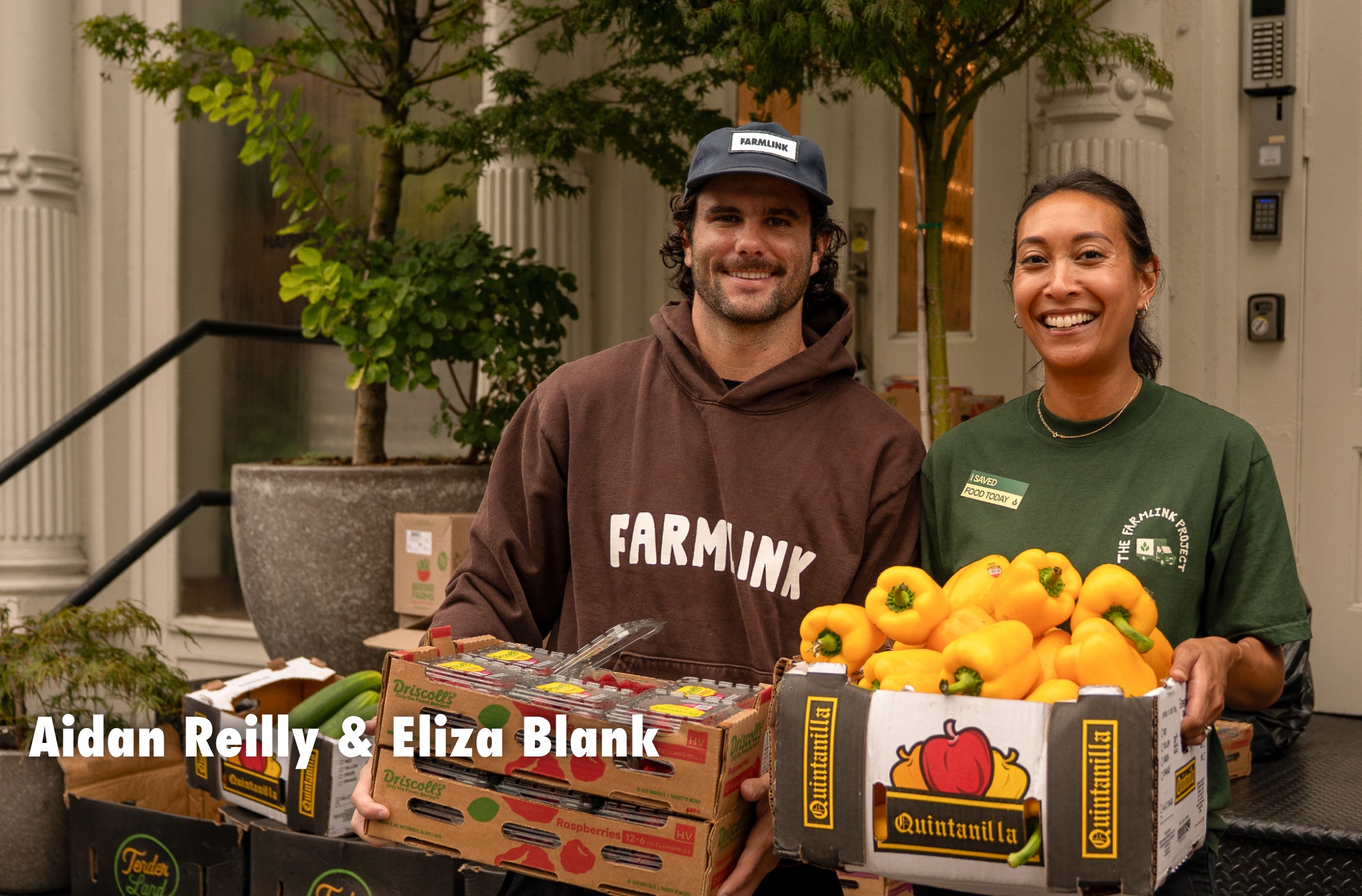
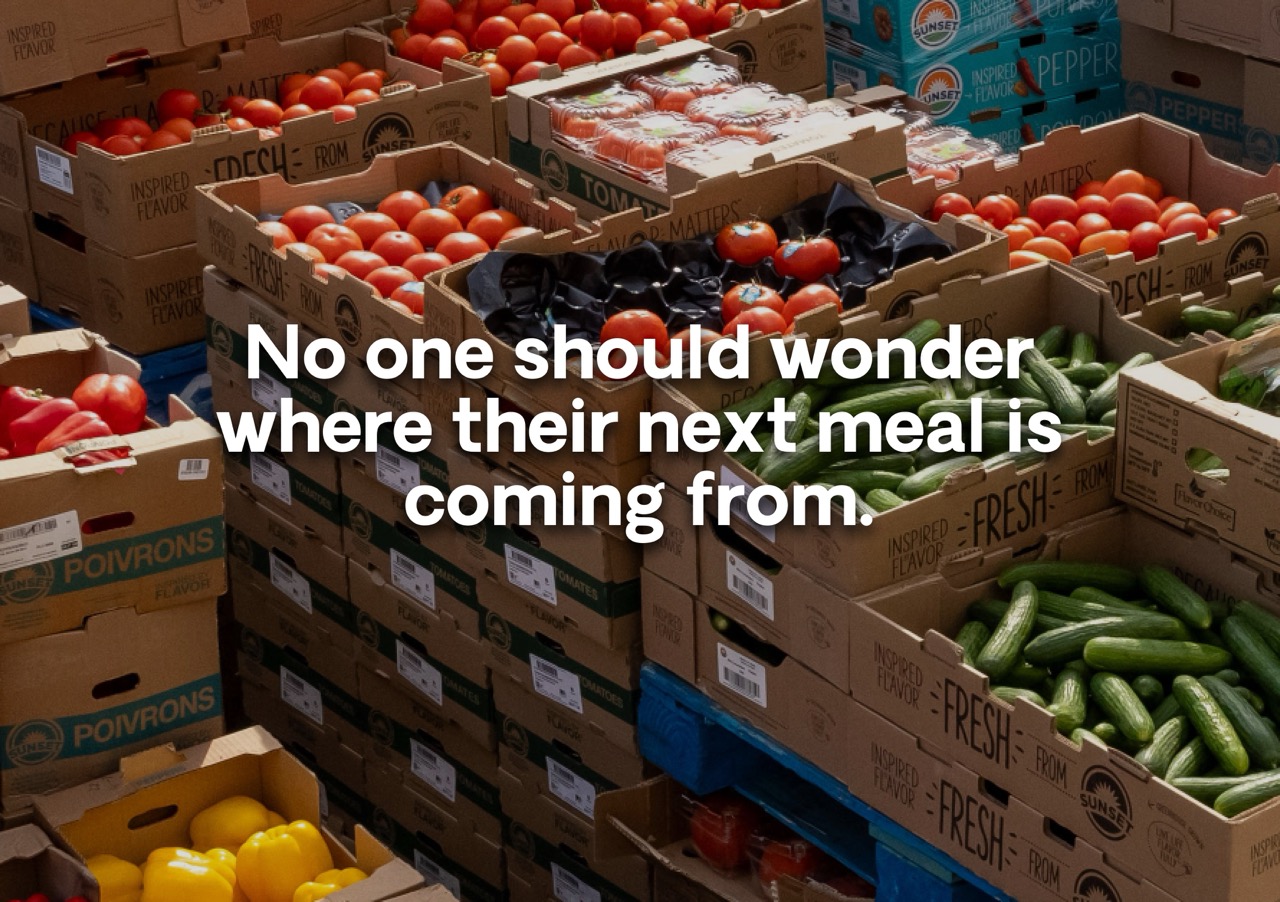
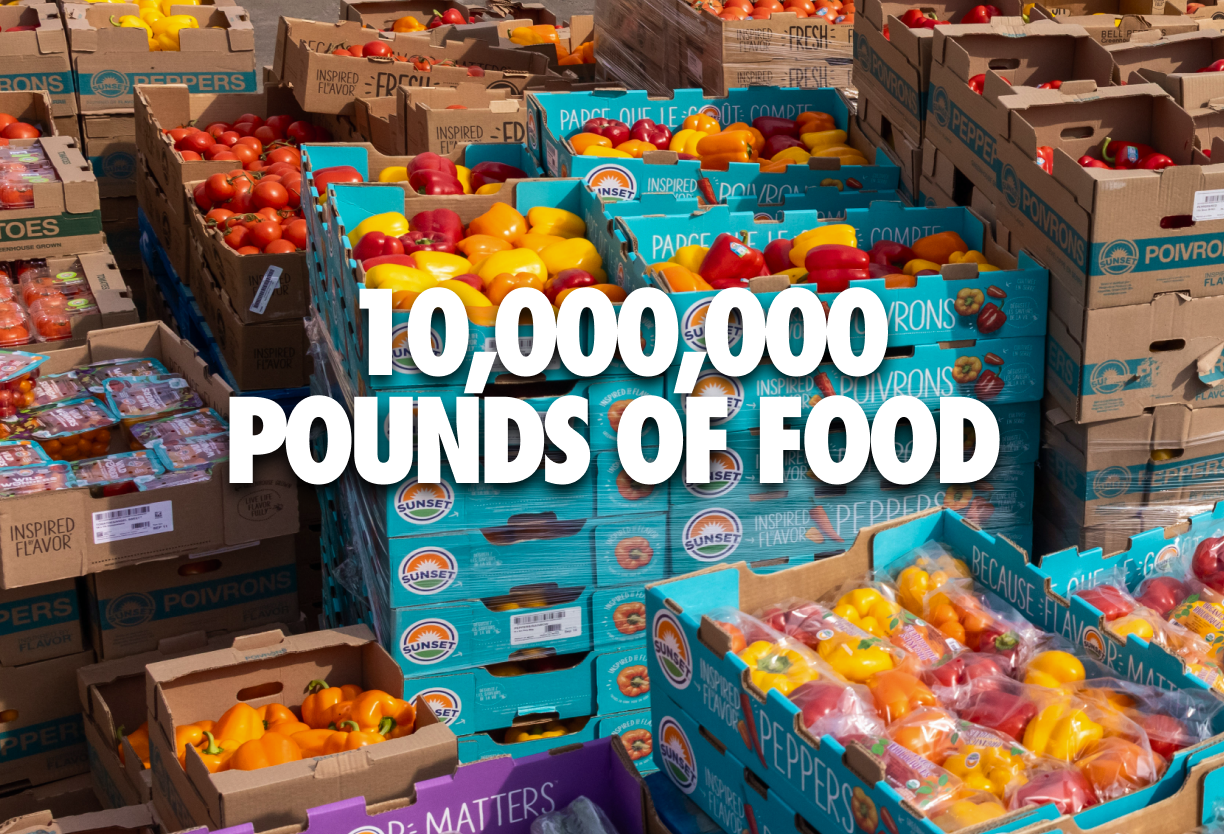

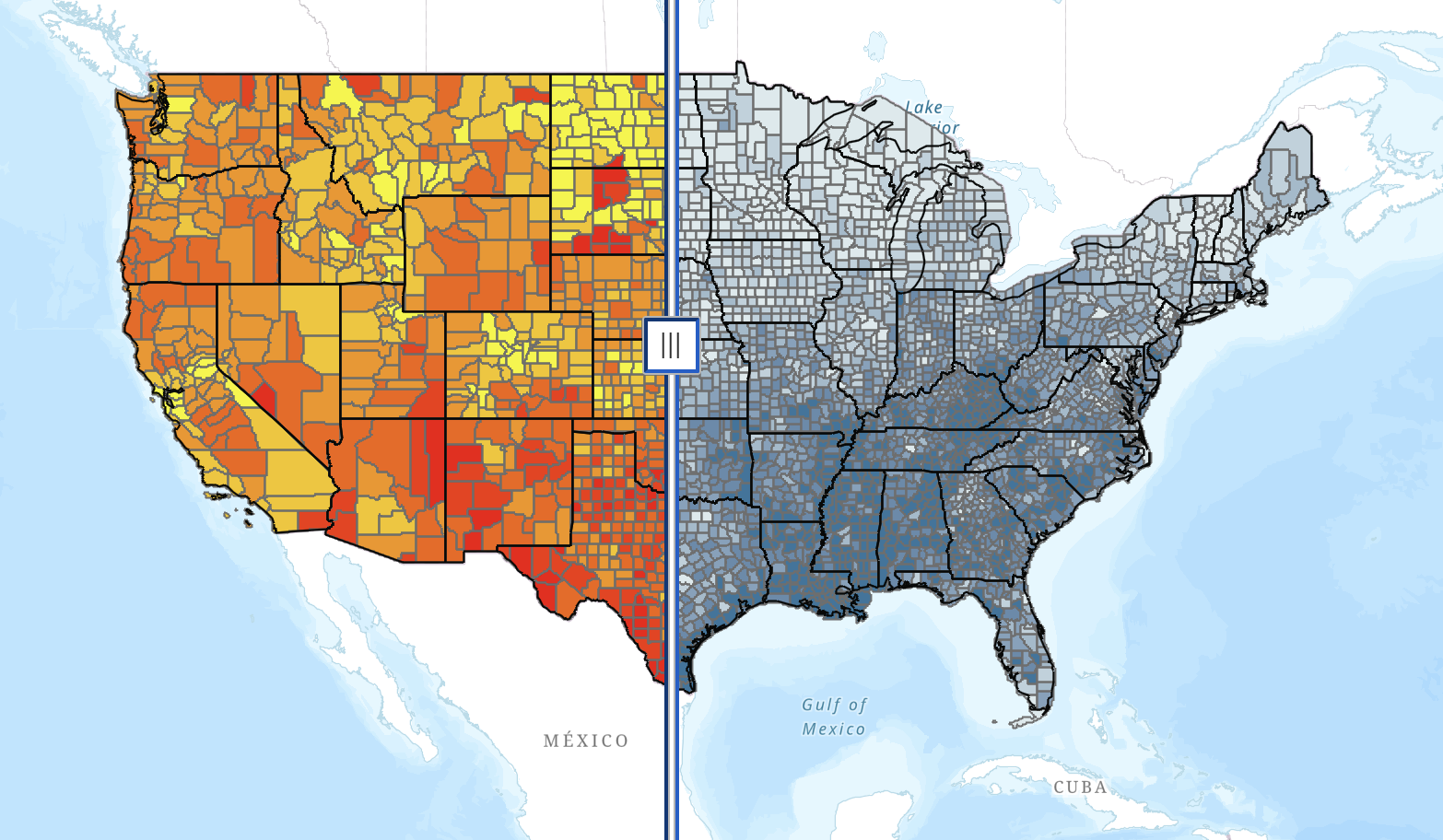
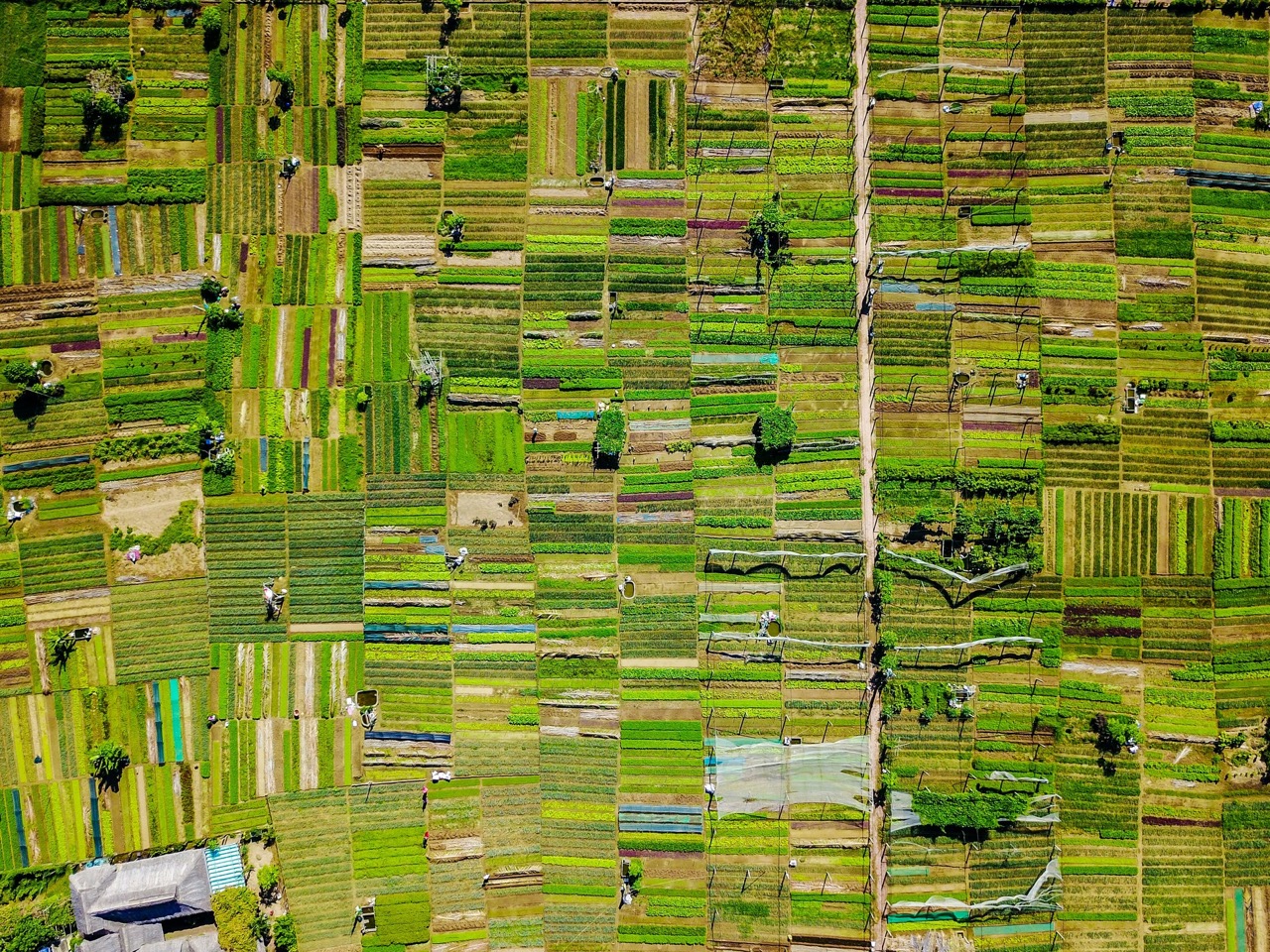
.svg)
.svg)
.svg)